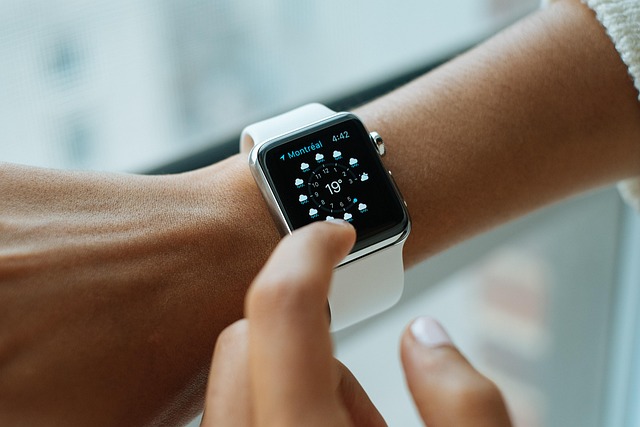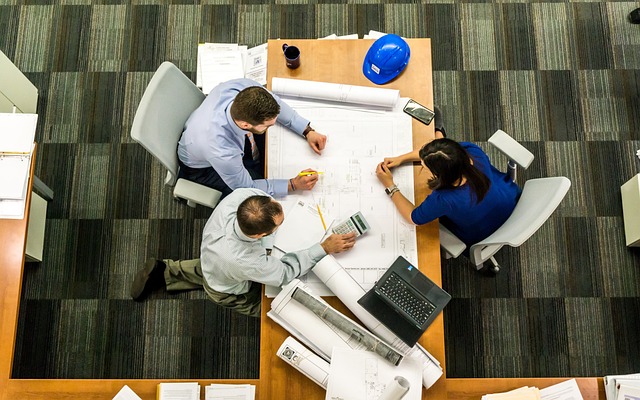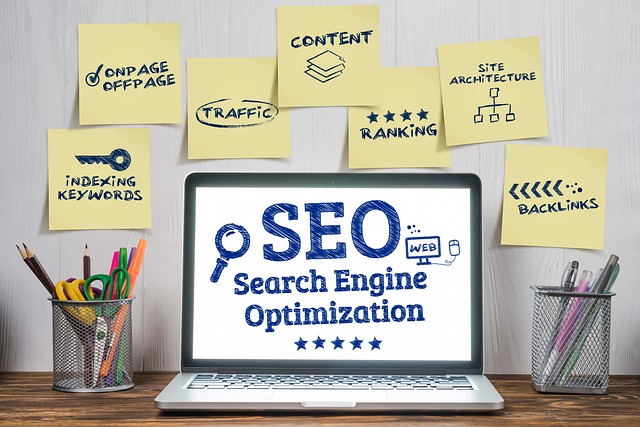As we approach 2030, artificial intelligence (AI) is no longer a futuristic concept—it is a driving force that is set to redefine the very fabric of how we work across industries. From healthcare and finance to manufacturing and education, AI is poised to shift not only operational efficiency but also human roles, decision-making, and innovation itself.
Healthcare: Precision, Prediction, and Personalization
AI will revolutionize healthcare by enhancing diagnostic accuracy and streamlining administrative processes. Machine learning algorithms will analyze complex medical data, enabling early disease detection and personalized treatment plans. Doctors will be supported by AI-powered assistants that sift through patient histories, imaging, and genomics to offer insights with unprecedented precision. Routine tasks like billing and scheduling will be automated, freeing healthcare professionals to focus more on patient care. By 2030, AI may even enable decentralized diagnostics through wearable tech and real-time health monitoring, reducing the burden on hospitals.
Finance: Smarter Systems, Safer Transactions
The financial industry is already a heavy adopter of AI, but by 2030, its role will be transformative. AI will redefine risk assessment through predictive analytics, making lending more inclusive and accurate. Fraud detection systems will become more proactive, identifying anomalies in real-time and reducing cybercrime. Trading will be increasingly driven by AI algorithms capable of responding to market signals faster than any human. At the same time, robo-advisors will make wealth management more accessible to everyday investors, reshaping the advisor-client relationship.
Manufacturing: From Automation to Autonomous
In manufacturing, the journey from automation to autonomy will be complete. AI-driven robots will not just perform repetitive tasks but will also learn from their environments to adapt and improve. Predictive maintenance powered by AI will reduce downtime and improve safety. Digital twins—virtual replicas of physical systems—will allow engineers to simulate, test, and optimize processes in real time. Human workers will collaborate with AI in smarter, more responsive production lines, with a strong emphasis on sustainability and customization.
Education: Adaptive Learning and AI Mentorship
Education will become deeply personalized by 2030. Intelligent tutoring systems will adapt content and pace based on each learner’s strengths and weaknesses. Teachers will be supported by AI tools that analyze student performance data to identify learning gaps early. Moreover, AI-powered career guidance systems will suggest individualized learning paths and professional opportunities based on real-time labor market trends. The role of educators will shift from content delivery to mentorship and human development.
A Human-AI Partnership
By 2030, AI won’t just be a tool—it will be a collaborator. It will amplify human capabilities, enable new business models, and create entirely new job categories. The future of work will be less about replacing humans and more about augmenting them, requiring us to rethink education, ethics, and policy to prepare for a world where AI is a partner in progress.
Industries that embrace this transformation thoughtfully will not only thrive but also lead the charge into a more intelligent, efficient, and inclusive future of work.




